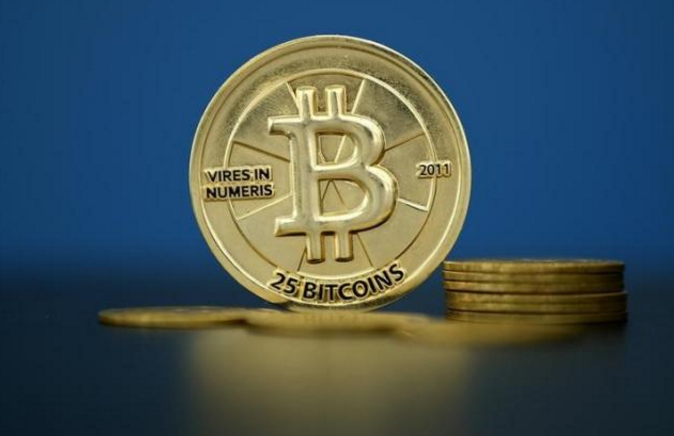People's Bank of China (PBC) is seriously considering the introduction of a low-cost yet highly encrypted digital currency into China's economy.
This issue was discussed at a seminar conducted by China's central bank at Beijing in Jan. 20. PBC's official release mentions that a special research team had been studying business and cyber environment for the introduction of the said currency since 2014.
Tech in Asia reported that this announcement is a reflection of the general pattern, in which, China tries to develop its own version of new technology.
Since Baidu is the Chinese version of Google, most probably, the new digital currency that will likely to be introduce shall take after the popular crypto currency that people uses today - Bitcoin.
However, reports said that China's digital currency shall be fundamentally different from Bitcoin. The said digital currency will be monitored by the Chinese government, and shall only be used within and amongst established financial institutions in China.
According to PBC's seminar, the new digital currency will present a "positive practical significance" for the Chinese economy. It shall reduce costs associated with distribution of paper currency, improve convenience and create higher transparency in economic transactions.
Furthermore, the digital currency will reduce economic offences by inhibiting money laundering, round tripping and tax evasion. According to the official release of announcement, China's digital currency is also likely to improve overall payment and settlement system in the country, and may make its financial system more efficient and upgraded.
PBC's seminar came to a conclusion that the new digital currency shall be designed to enhance convenience and safety. It would be low-cost yet will have wide coverage. Its payment instruments shall be designed to merge seamlessly with other financial institutions.
Tech in Asia, however, cautions that the shift from traditional currency to digital currency might not be as smooth as it may seem, as Chinese people have been conservative about their cash and savings. It is said that saving money in an intangible format might not hold much appeal, even if the idea is pushed by the Chinese Central Bank.



























